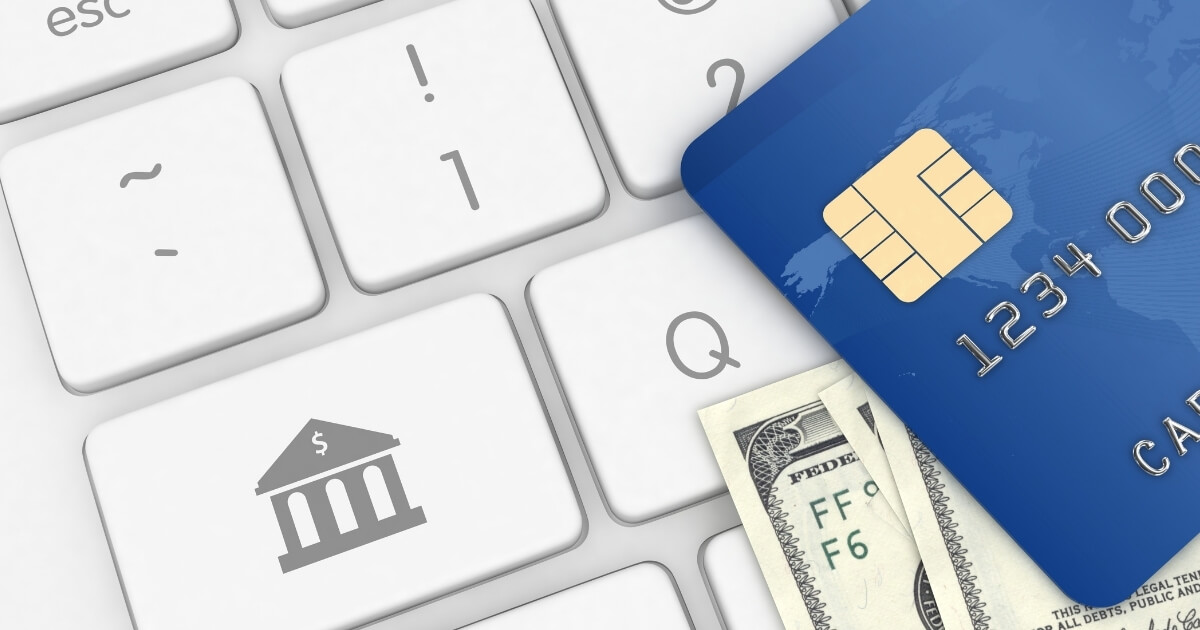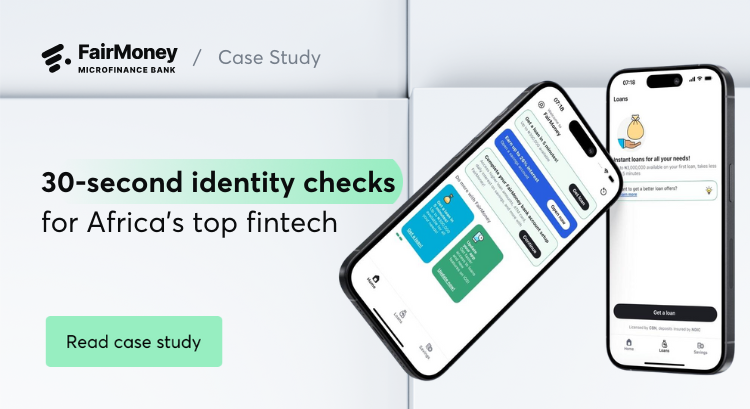Six Ideas How Banks Partner With Fintechs and Go Beyond Banking

Contents
If traditional banks want to keep pace with fintechs, they should learn to cooperate with them – or they might not survive the wave.
"Banks need to overstep industry boundaries and invest in offerings that go beyond banking. Otherwise, they could repeat the horror story of Kodak, which missed the opportunity to invest in digital photography," tweeted Annerie Vreugdenhil, Chief Innovation Officer at ING, a few weeks ago. It did not take long for the public to respond. One alleged ING customer wrote: "How about this innovation: develop a working app because the current Home Bank app used in Romania needs improvement."
The example of ING shows that many traditional players are still struggling to move forward in the digital transformation led by neobanks and fintechs that entered the market a few years ago. Since then, they have moved to offer various banking products such as loans, insurance, trading stocks, and cryptocurrencies, or even booking airline tickets and hotel rooms. All with simple, fast, and hassle-free online and mobile services.
Fintechs fighting for their share
Fourteen million people have already opened an account with a digital-only bank in the UK alone. The Global Digital Banking Investment Report revealed that total investment in digital banks exceeded $3.7 billion globally in the first quarter of 2021.
Digital banking is a desirable and crowded segment. The extremely high valuation forces fintechs to scale up and, at the same time, convert their increasing customer bases into profits.
How will they achieve these goals, and will traditional banks follow? Banks have limitations, such as regulatory requirements, but the barrier to entry to financial services is getting lower. Any business can embed banking functions into its product and become a fintech company, so traditional banks will have to pick up the pace or lose significant market share. Some will deliberately pull out of the race, but those that choose to stay often team up with digital-only challengers to succeed.
Let us look at how traditional banks partner with fintechs and move beyond banking to stay in the game.
Buy now, pay later
It is one of the hottest trends in payments and a significant growth driver for retailers and e-commerce. With the rising demand, banks can become a feasible alternative to fintechs.
In recent weeks, BNPL providers have raised as much as $1 billion (Klarna) and $190 million (Zilch, investor: Goldman Sachs). Klarna competitor Payl8r has secured £40m from Conister Bank, and Bloomberg reported that Apple is working with Goldman Sachs to offer a "Buy Now, Pay Later" service. Also, Twitter co-founder Jack Dorsey's digital payments platform Square has agreed to acquire Australian "buy now, pay later" company Afterpay. The $29 billion deal will be the largest acquisition in Australia's history.
To what do we owe these skyrocketing valuations? Opinions are mixed, but some say that Gen Z and some Millennial users will stick with BNPL solutions in the future, replacing credit cards and maybe even other financial products. If that is the case, banks have no other option but to start offering BNPL as soon as possible.
E-commerce
Banks have been developing products to facilitate e-commerce for years. In 2014, the Singapore-based bank DBS launched "PayLah!", a lifestyle app that lets customers book taxis, order lunch, and buy tickets to a show through a single interface. Bank of America launched a digital car dealership to complement its auto finance business, and Spain's BBVA offers a platform for car dealers. I’ve mentioned banks need to hurry up with building BNPL services: in July 2021, Citi Australia announced it will launch their solution with Kogan.com, an e-commerce company.
On the other hand, e-commerce companies are transforming into financial hubs that cater to everyday banking needs. Virtual MYbank, backed by Chinese Alibaba, takes customer deposits and lends to small businesses and customers. Japanese e-commerce giant Rakuten operates Rakuten Bank, which takes deposits and offers loans and insurance. Amazon is working with banks to provide loans to SMEs selling through its platform, based on its own data set. It will not be long before others follow suit.
Premium API
With the European PSD2 mandate came a massive opportunity for more open banking. Today, banks can manage an enormous amount of data that can be delivered as a product to subscribers who use it to develop new products or enhance existing ones.
Through premium APIs, banks can partner with fintechs to target new user groups and create new revenue streams. A recent example is a partnership between Nordigen, a freemium open banking platform, and Entercard, a Nordic credit company operating in Norway, Sweden, and Denmark. Nordigen's API is currently connected to more than 1,000 banks in Europe and serves fintech companies and developers in 31 European countries.
KYC and AML
The focus on anti-money laundering (AML) and know-your-customer (KYC) procedures is increasing in the financial industry. As a result, new customer onboarding requirements and compliance policies are exploding at banks, but technological changes and cross-border transactions are rendering many of them ineffective. Here’s where fintechs can get their piece.
Silvergate Bank has integrated Elliptic's crypto-asset risk management and blockchain analytics into its platform to support the compliance framework. Danish fintech startup HelloFlow just closed a EUR 1.3 million seed round and is ready to offer its no-code platform integrated with ID authentication services in local markets.
Banking partnerships with blockchain companies are likely to become a trend, as the American Bankers' Association has issued a report promoting blockchain-backed payment networks, KYC/AML, and digital identity.
Expanding access to financial products
Most neobanks enable much more than debit cards and bank accounts, offering additional financial services. Revolut offers its users a commission-free trading platform. Synapse just launched its Credit Hub platform, which helps businesses provide a "comprehensive" suite of products to their customers, including card issuance, credit-building tools, accounts, and cashback rewards.
Some banks have already started offering similar solutions, with Wells Fargo announcing it would introduce a crypto-currency fund and other U.S. banks are said to start offering Bitcoin in the coming months.
Future predictions
The story of Kodak’s failure is one of the best-known among banking stakeholders. Despite that and the fact that everyone saw fintech coming, many banks failed to act. By now, for some, retail is a lost ground which they are abandoning to focus on corporate banking (eg. HSBC in the US). Others, who bet on digital transformation years back, reached good scale and can be more optimistic about their future in retail (BBVA, ING), but it won't be easy.
Banks will need to think about their future talent acquisition and retention to compete with emerging companies.
In addition, the remaining retail banks will need to manage relationships with third parties and seamlessly transfer data to them. They will also need to replicate the scale and efficiency of neobanks’ IT stacks.
The move beyond banking seems inevitable. Banks will need to develop the "muscle" to compete in the new landscape and engage in an ecosystem of partnerships and digital tools.
Considering that Amazon and Apple want to offer financial services to their users, there is something even more critical for banks to survive. They need to abandon their decades-old mindset and do what helped so many fintechs achieve tremendous success: put the customer at the heart of everything they do, sacrificing profits if needed. Eventually users will decide, guided by convenience and trust, who to give their money to.

